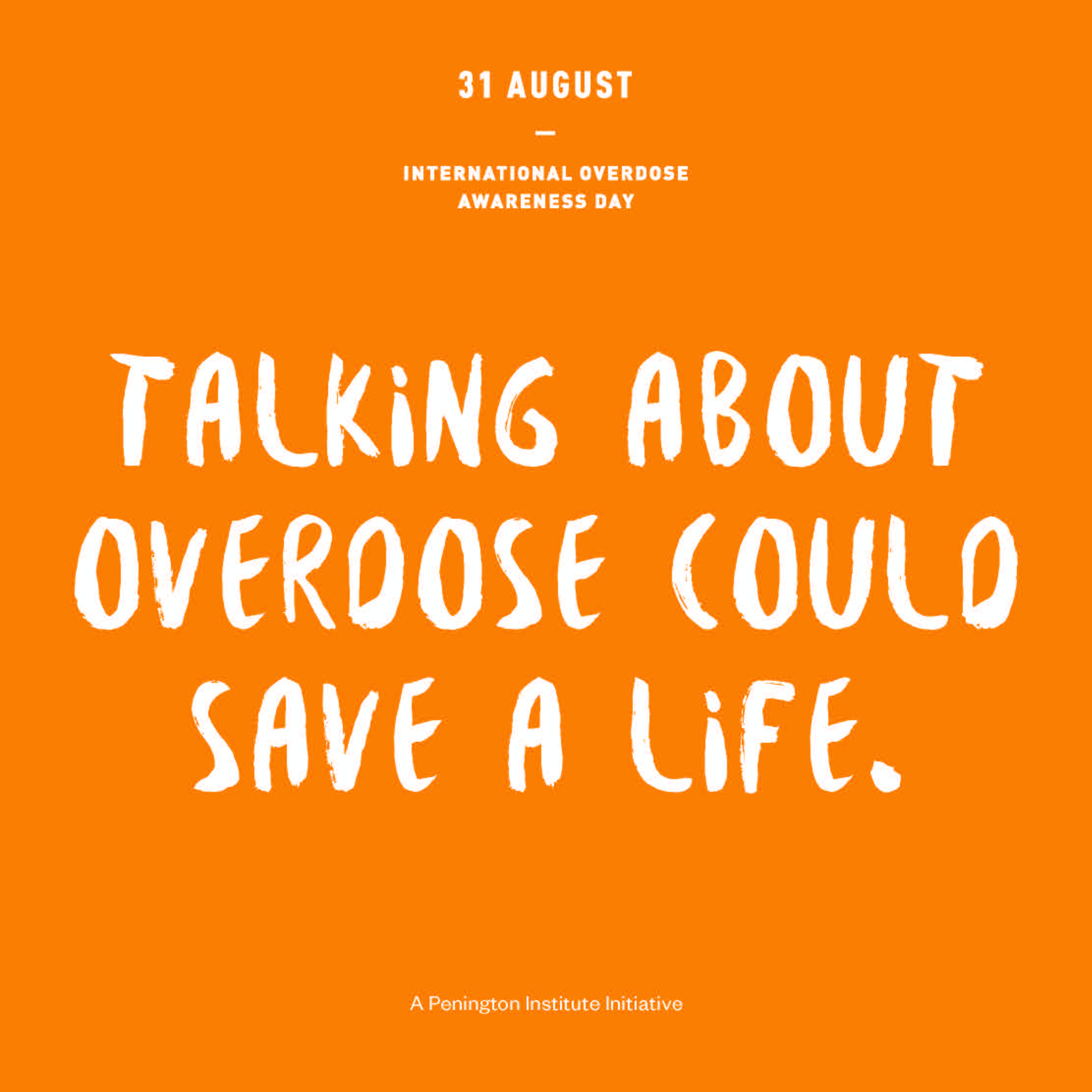 Since last March whenever I shop online, I frequently get the message that the item I’ve selected is ‘on backorder’ or ‘currently unavailable.’ The grocery store runs out of my favorite teas fairly often and the particular type of eggs I prefer. I understand. It’s a supply chain thing. So one could hope that access to the type of harmful drugs that killed 72,000 people last year might have been interrupted during this pandemic. But recent reports on drug overdoses reveal that not to be the case. Drug overdose deaths have spiked 18% during the pandemic, and according to the real time collection of Overdose Detection Mapping Application, operated by a Washington DC organization, the clusters of deaths have shifted from urban centers to suburban and rural areas.
Since last March whenever I shop online, I frequently get the message that the item I’ve selected is ‘on backorder’ or ‘currently unavailable.’ The grocery store runs out of my favorite teas fairly often and the particular type of eggs I prefer. I understand. It’s a supply chain thing. So one could hope that access to the type of harmful drugs that killed 72,000 people last year might have been interrupted during this pandemic. But recent reports on drug overdoses reveal that not to be the case. Drug overdose deaths have spiked 18% during the pandemic, and according to the real time collection of Overdose Detection Mapping Application, operated by a Washington DC organization, the clusters of deaths have shifted from urban centers to suburban and rural areas.
Last February I made my last trip on an airplane, flying to Reno NV to attend the funeral of my 18 -year-old grandnephew Jacob. His mother, my niece Heather, had gone to wake him for school one Monday morning and found him dead. We learned later he had succumbed to the effects of fentanyl which had been laced into the recreational drug he had taken the prior evening. The possibility of this type of overdose was not anticipated by our family or by the parents of other teens in the community. If we had heard about drug overdoses, we had linked them to serious addictions or to something that might befall frequent drug users.
Jacob’s death was the second or third of five or six other teens’ overdose deaths in his high school that school year. In his community and in too many others across the country, thousands of family members are grieving young lives lost. At his service Heather had insisted on talking about the “elephant in the room,” the fentanyl that turned this recreational experimentation lethal. She wanted to break the silence and taboo so Jacob’s death could be a warning to other kids and prevent them from sharing his fate.
Knowing something of the complexity of grieving an overdose death, – the social stigma that encourages silence, the fact that it feels preventable, the blame and self-blame friends and family members sometimes experience as they question whether they did enough, I was encouraged to learn of the International Overdose Awareness Day, which is being celebrated next Monday August 31st. Of course, fact that it is an international day makes clear this is a global epidemic. I telephoned Heather Sunday morning to let her know about the website and hear how things were going for her. In the call I learned more about the difficulties that the pandemic has inflicted on her family members and anyone else grieving a recent loss.
As the losses accumulate, the energy to process them declines. Heather’s former husband died suddenly a few weeks ago, leaving Jacob’s brother Matthew in the aftermath of the loss of two close family members within a few months. Heather, who is a teacher had to take this reality into consideration in her own career decisions. She said, “On the one hand, I feel healthy, but I can’t help feeling nervous about, what if something happened to me? The kind of devastation that would be for Matthew.” With some regret she elected to teach 5th grade online rather than enter a classroom that isn’t large enough to accommodate social distancing guidelines. And as if schools aren’t under enough strain, classes at her school had to be cancelled for the first two days due to smoke from the fires in California. It was able to permeate the school due to the recently installed open ventilation system recommended to prevent the spread of Covid19.
By the end of our conversation Heather and I decided to do what we can to honor her son Jacob and to get the word out further about the dangers of drug overdose, especially for young people. We’re posting tributes to Jacob on the International Overdose Awareness Day website, https://www.overdoseday.com/
We’d like to invite you to visit and to honor people you know who have been lost to this devious and treacherous crisis.
Sheila

